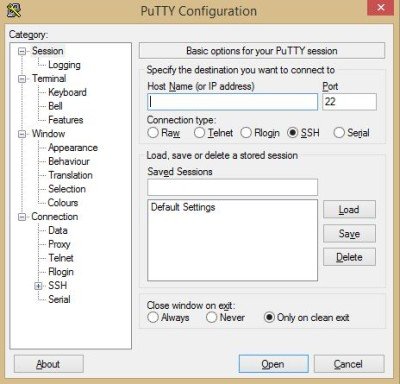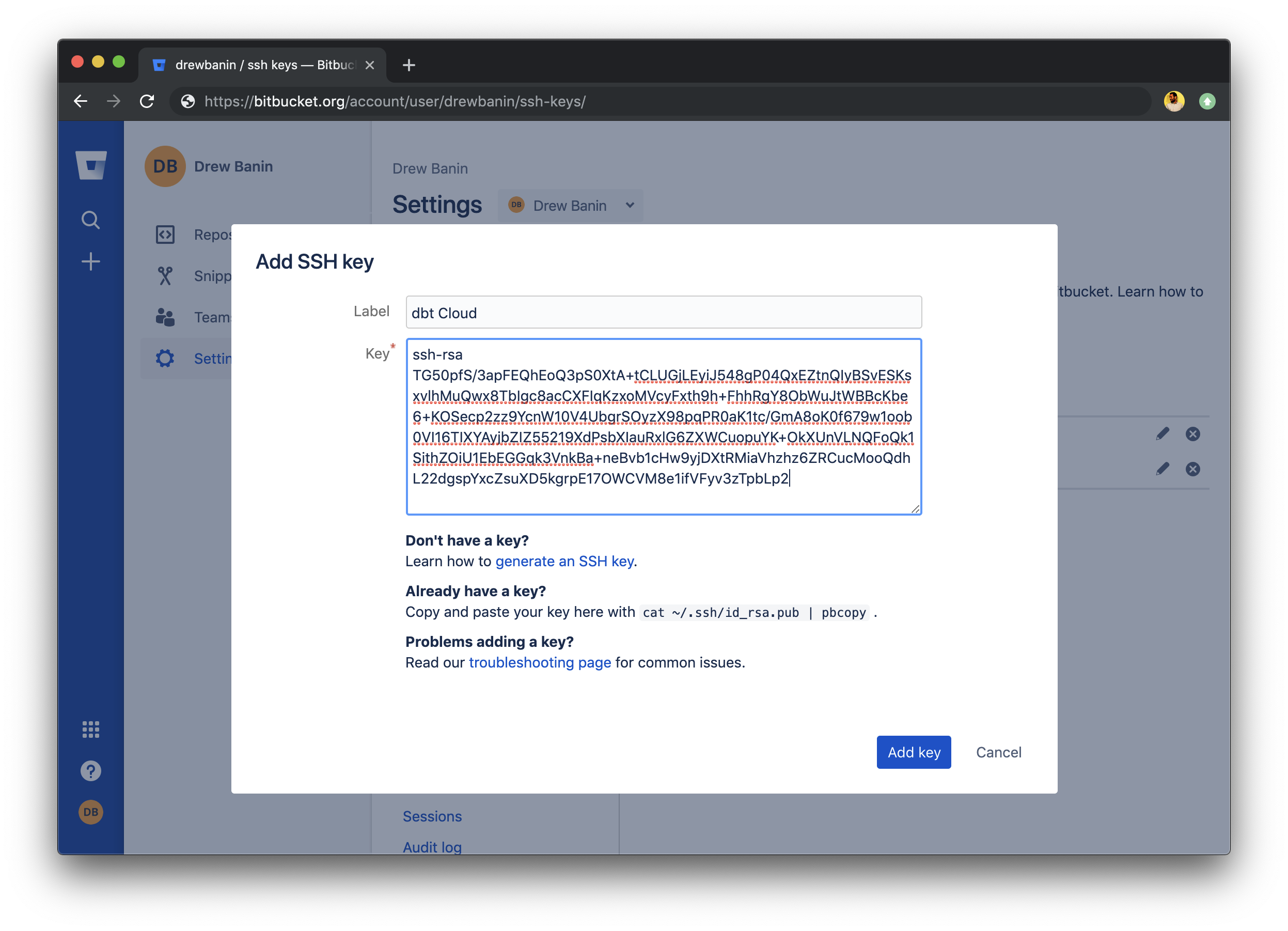

Also enable full disk encryption on your systems when possible. Use a passphrase to secure your private key in order to prevent unauthorized actions. Lets generate a fresh pair of Ed25519 keys on the client machine, so not on the server-side.


We are running Ubuntu 18.04 LTS together with OpenSSH 7.6p1 but the syntax in this post is the same for Debian based distro's: $ lsb_release -d & ssh -V Ed22519 key pairs have been supported since SSH version 6.5 (January 2014). Furthermore, the Ed25519 algorithm is supposed to be resistant against side-channel attacks. This prevents a malicious party from manipulating the parameters. The process used to pick Ed25519 curves is fully documented and can be verified independently. The long story is that while NIST curves are advertised as being chosen verifiably at random, there is no explanation for the seeds used to generate these NIST curves. Why trust NIST curves when there is a more transparent way of doing crypto?Įd25519: Long story short: it is not NIST and it is not NSA. We later learned from Snowden that the NSA had worked on the standardization process in order to become the sole editor of this Dual_EC_DRBG standard, and concluded that the Dual_EC_DRBG NIST standard did indeed contain a backdoor for the NSA. Furthermore, a weakness in RNG was publicly identified but still incorporated by NIST. However, secure implementations of the ECDSA curves are theoretically possible but very hard in practice. The size of the elliptic curve determines the difficulty to break the algorithm. Furthermore, RSA will likely be the first to fall when quantum computations will get more mature.ĮCDSA: The elliptic-curve (EC)DSA algorithm is supposed to help us combat these quantum computational attacks, while generating keys with significantly smaller key size without compromising the level of security. Many manufacturers are likely using the same source of randomness and perhaps even the same seeding. RSA is not vulnerable, but the source of entropy is the weakest link in the RSA algorithm. The problem with RSA is its source of randomness. RSA: This non-elliptic crypto algorithm which is based on prime numbers generates a relatively insecure key pair when you pick a key size below 2048-bits. DSA key pairs should not be used anymore. OpenSSH version 7.0 and newer even refuse DSA keys smaller than 1024-bits. Let's go over these public-key algorithms:ĭSA: This algorithm is deprecated due to very poor randomness.

SSH can generate DSA, RSA, ECDSA and Ed25519 key pairs. Herclues tangles Kerberos, Gravure Sebald Beham 1540 Technical overview
Openssh generate key how to#
This blog post will explain how to master the SSH deamon, just as how Hercules tained the wild three-headed Kerberos beast. It is up to you to configure your SSH daemon in a secure manner. Passwords should be avoided when possible because they are predictable and unavoidably weak.
Openssh generate key password#
The most important reason to choose public key authentication over password authentication is to defeat feasible brute-force attacks. However, not all SSH sessions are created equal. SSHD (Secure SHell Daemon) is the server-side program for secure remote connections cross-platform developed by none other than the OpenBSD team. Public key Ed25519 Elliptic Curve Cryptography Cryptsus Blog | We craft cyber security solutions.


 0 kommentar(er)
0 kommentar(er)
